#rodney jerkins
Text



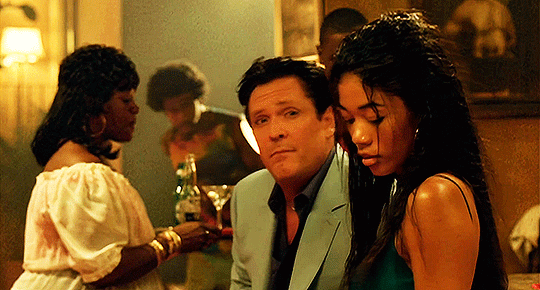

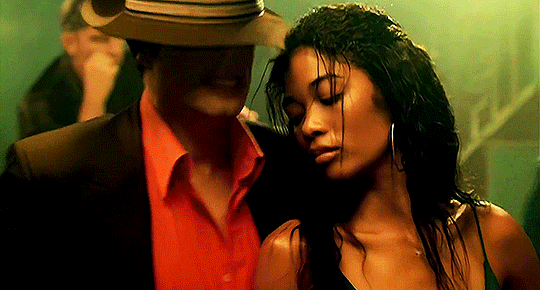
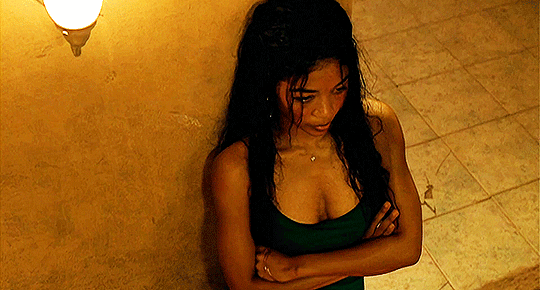

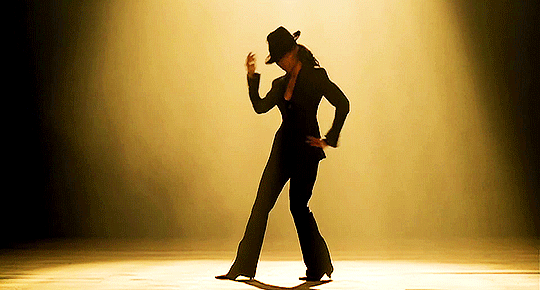
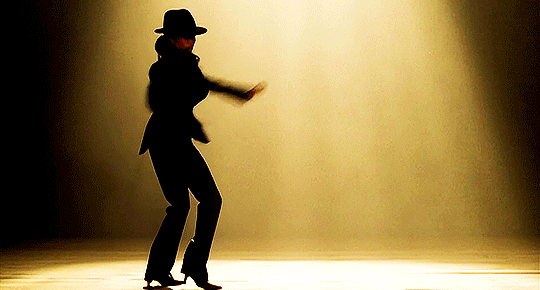

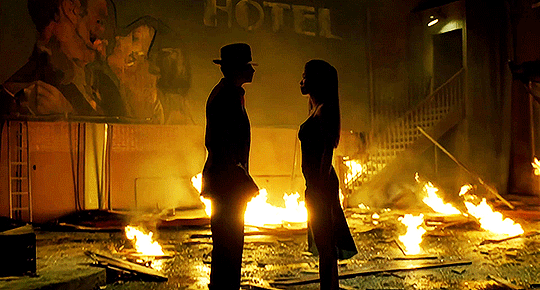
Michael's Leading Ladies
Kishaya Dudley | "You Rock My World" (2001) Dir. Paul Hunter
#kishaya dudley#you rock my world#michael jackson#video vixens#black tumblr#black music#mj#2000s r&b#2000s music#darkchild#rodney jerkins#music video
129 notes
·
View notes
Photo
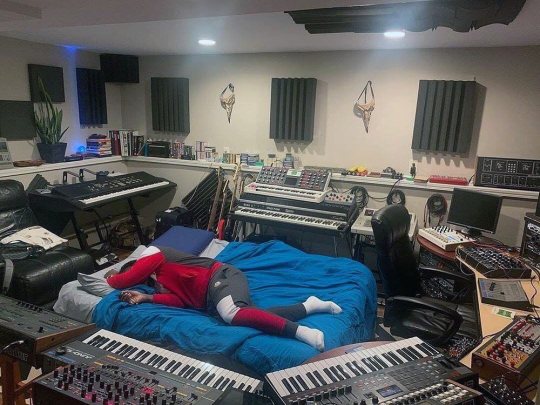
D A R K C H I L D | Rodney Jerkins
studio bedroom > bedroom studio
#darkchild#rodney jerkins#bedroom studio#studio bedroom#studio#flstudio#recording studio#home studio#producers#producer#audio production#music producers#bedroom producer#hiphop#Ableton#audio#audio equipment#audio producer#audio gear#studio life#musician#electronic music#synths#synth#synthesizer#synthesizers#sleep well#sweet dreams#analog synth
144 notes
·
View notes
Audio
14 notes
·
View notes
Text
Alex Vaughn ft. Summer Walker - So Be It (Remix)
12 notes
·
View notes
Text
4 notes
·
View notes
Text
Hezekiah Walker, Karen Clark Sheard and Kierra Sheard Join Producer Stanley Brown on New Single "God Is Good"

Stanley Brown Press Image Credit: J. Monroe Scott
Stanley Brown is Gospel music’s go-to producer and composer, especially when a project calls for a fresh but authentic sound laced with Godly reverence and an urban feel. He has worked with everyone from Karen Clark Sheard to LeAndria Johnson to T.D. Jakes. His discography also includes Run DMC, Christopher Williams, Dru Hill and a host of urban artists, making his position in the music industry multi-faceted, unique and highly sought-after.
A humble giant in the genre, Brown has spent his entire career cultivating music projects for countless artists. Now, he is cultivating a project for himself: the release of “God Is Good” on his own Timeless Music Group label. Brokered by TITLE9, Timeless Music Group has entered into a distribution partnership with music powerhouse Roc Nation. Written and produced by Brown along with Rodney Jerkins and J. Drew Sheard, “God Is Good” is an effervescent track that is sure to become an anthem.
“This song represents the best that Gospel music can offer,” says Brown. “We have the greatest vocalists making a declaration that is simple and relatable, over a beat that will attract music fans from a multitude of genres. It’s a song that we had fun putting together, and that we hope motivates the masses to declare just how good God is.”
As the song begins, Hezekiah Walker proclaims “this is the vibe we’re on, no negative energy,” and it sets the tone for the entire track. Karen Clark Sheard and Kierra Sheard trade pristine vocals that imbue every lyric with perfect-pitch joy.
Rodney Jerkins says “God Is Good” is a song that the Gospel genre needs right now. “It is infusing the genre with something new sonically, and has a message that everyone will gravitate to.”
“God Is Good” is the prelude to an upcoming album project that Brown is completing, which will continue his track record of blending an urban sound into contemporary Gospel music.
“It is an honor to be in business with Roc Nation, and I am grateful that they believe enough in me and my vision to bring Timeless Music Group into their family for this project,” says Brown. “My career was shaped early on by being an executive at Island Black Music, and still having a focus on Gospel. I think when we – as a business – approach Gospel music as the crucial component of Black music that it actually is – we win.”
“God Is Good” is available now on all digital service providers.
# # #
#Music#Gospel Music#New Gospel Music#God is Good#Rodney Jerkins#Roc Nation#Timeless Music Group#Island Black Music#Hezekiah Walker#Marvin Sapp#TITLE9#J. Drew Sheard#Stanley Brown#Karen Clark Sheard#LeAndria Johnson#T. D. Jakes#Christopher Williams#Dru Hill#Kierra Sheard#naomi j richard#naomijrichard#Naomi Richard#RCV#Red Carpet View#KAZI 88.7#KAZI 88.7FM#The Voice of Austin#j. monroe scott
2 notes
·
View notes
Text
I was just digitizing a bunch of my footage from the documentary I’m working on, and I came across this VHS tape from 1998 that had ODB. He was in my studio, and I didn’t have a session with him! He was just passing through and started rapping about a hundred bars. And as I was listening to it, I was like, ‘I wonder if I could take his vocal off this VHS tape and put it on top of this idea for SZA?' I went back and played it for SZA, and she was like, ‘Whoa, whoa, whoa. Where did you get this from?’ And the rest was history. It’s funny ’cause after she finished it, she stopped listening to it and didn’t want to play it for her label because she didn’t think it would get cleared. And I told her, ‘I promise you, we will be able to get this cleared.’ And she was just like, ‘Why are you so certain?’ I was like, ‘Because it was too incredible the way it happened for it not to go to the end. There’s nothing like a good musical story.'
—Rodney Jerkins on the making of SZA's Forgiveless
2 notes
·
View notes
Text


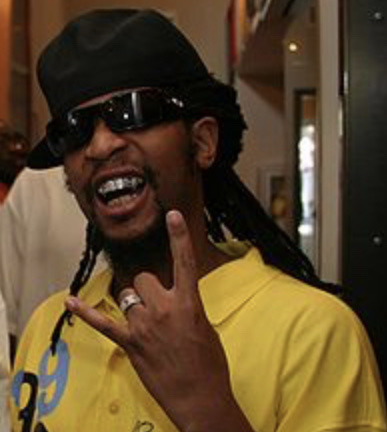
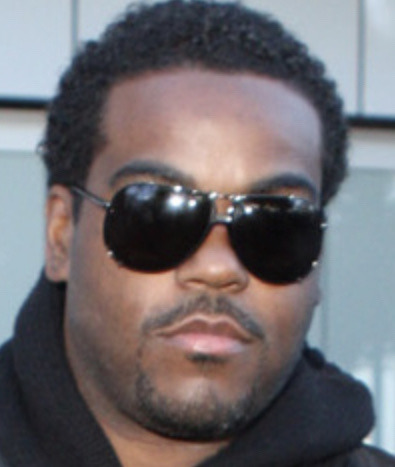

Chris Brown’s (and Andre Merritt…black) songs for her didn’t make the cut either… 🧍🏽♀️
#wtf? 😭#they said ‘no more niggers’ after blackout? 💀#britney spears#circus album#…oops I forgot telephone was darkchild so that was probably the song that didn’t make the cut 😅#lil jon#rodney jerkins#darkchild#sean garrett#taio cruz#chris brown#andre merritt
4 notes
·
View notes
Text
Producer Rodney Jerkins recalls the day Whitney Houston decided to show up at his father’s church and sing a gospel song in front of the small congregation of 50 prior to recording the My Love Is Your Love album, August 1998
SOURCE: bobbyxwhitney on Instagram [x]
1 note
·
View note
Text
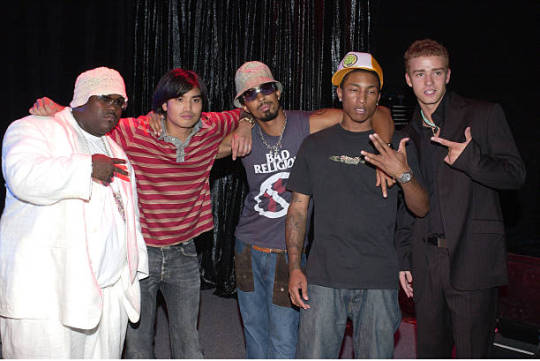
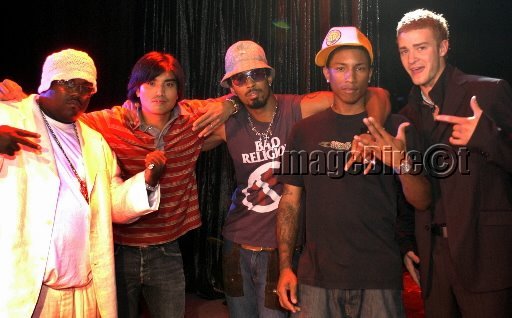
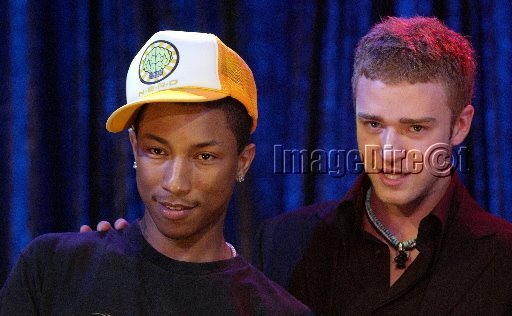
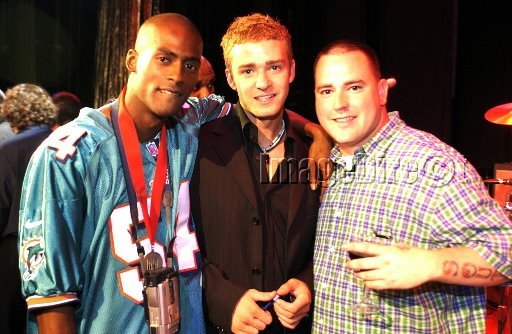


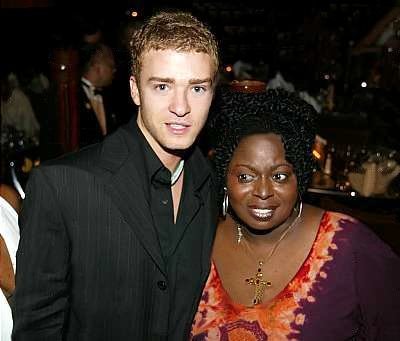

#justin timberlake#rodney jerkins#chad hugo#dallas austin#pharrell williams#pharell williams#events#2002#jpg#mine#bmi urban awards#others
1 note
·
View note
Text

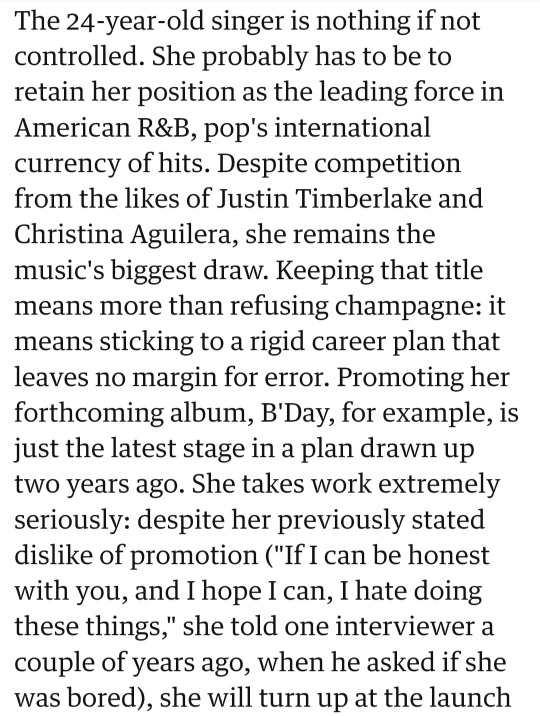



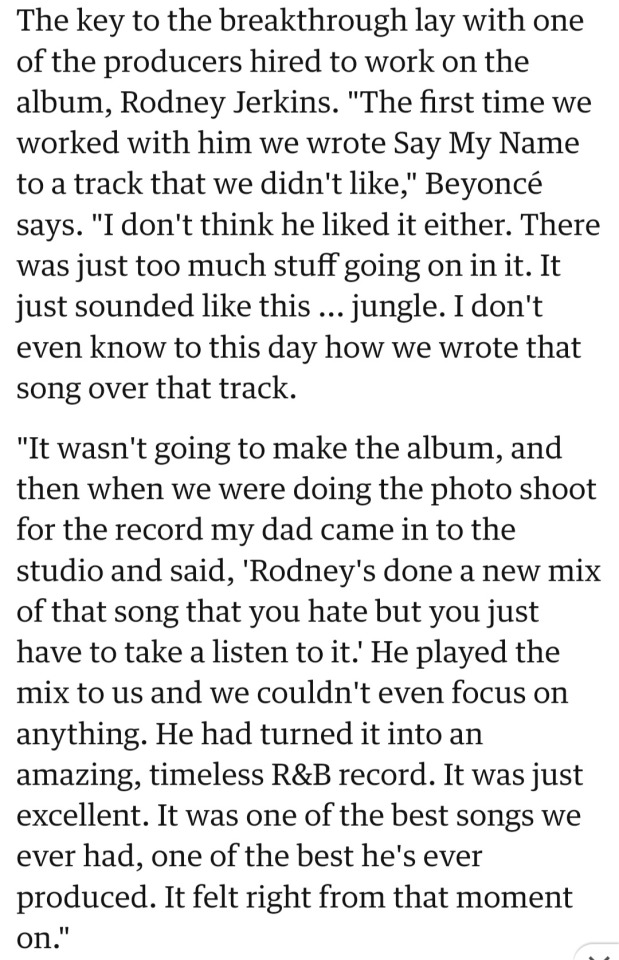


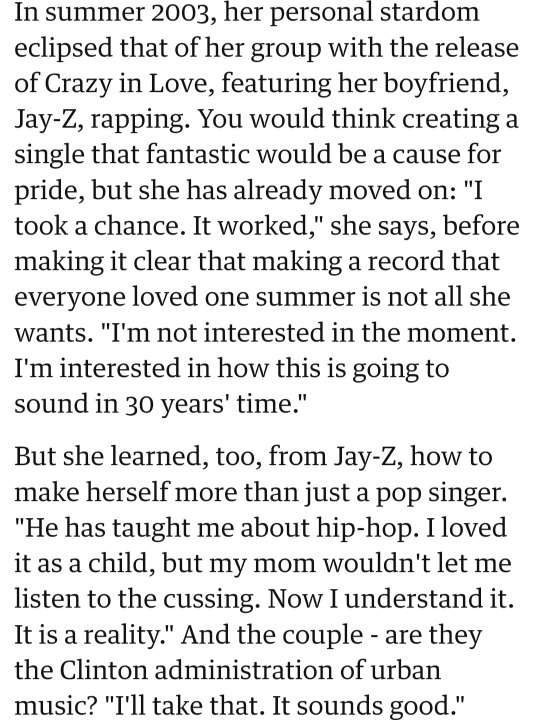
0 notes
Text

0 notes
Text
#brandy#brandy norwood#rodney jerkins#darkchild#full moon#michael jackson#stacking#vocal stacking#modern alternative r & b#altetnative r & b#modern r & b#mmb#quincy jones#berry gordy#teddy riley
11 notes
·
View notes
Text
Me, reading Morphy's reply from Otto:
My muse's immediate reaction: go for it, Otto. I can take Kupka's men if they come calling back
Me: ............ can you not, sir
#Out of the Flames#it's like simultaneously him wanting to fistfight everything just for fun and#the “I can take them” “in a fight right?” meme#although the prospect of Otto and Miles beating people up together is pretty 10/10#the only thing missing from the trifecta of stupidity on my muse's part is him acting as a distraction for Otto to go ahead by#opening his jerkin and flashing his bare chest#would he ever seriously do that? HAS he ever seriously resorted to trying that before he became Archduke? I don't want to know but#part of me also doesn't put it past him at this point#he unironically kicked a minotaur in the face and used its head as a stepping stool once in an RP with Phoenix's Rodney#I will never let go of that idiotically smart strategy of distraction
2 notes
·
View notes
Text

The following description was written by Sloane Angel Hilton, the creator of the facebook group for this aesthetic: Its rise and fall between the years 1996-2002 - a movement in pop culture that is spawned from the research of The Y2K Aesthetic Institute. A notable shift in the visual mood of pop culture happened during the turn of the millennium, but it wasn’t Y2K Aesthetic. One thing I have found is that it was en vogue to be between 25-35, the prime age of Gen X at this time. I think of the “Music First” era of Vh1 programming. Contrary to contemporaneous Y2K Aesthetic, and also McBling style of the early 2000s, Gen X Y/AC models in editorial fashion or artist marketing were much more "natural". You will see tons of nude lipstick, hair parted down the middle or natural textured hair, natural leathers, knee high boots, duster jackets, natural and muted colors - especially greens, beiges, tans, greys, and black. Design and fashion was moving from 60s revival into early 70s. Retro-futurism was Y2K Aesthetic, but Gen X YAC was more terrestrial. Its futurism was a mix of sterile and organic. McBling was a full blown disco revival, but here, we just see hints of the 70s. Depictions of city life through a colonialist lens. First wave gentrification. Urban life influenced graphic design, such as in the use of Helvetica as inspired by the NYC subway signs. The rise of a minimalist design revival. On the runway, the rise/peak of the modern supermodel - Naomi Campbell, Kate Moss, and Linda Evangelista, who were all peaking at 25. In photography and film, prevalence of bleach bypass, cross processing, “Lomo effect”, and other color grading trends. Hit music in the US was heavily influenced or even imported from the UK and Europe. Notably, we saw a surge in french house/disco, big beat, electronic, trance, uk garage, and “easy listening”/adult contemporary marketed for Generation X. Less Pure Moods and more Cafe Del Mar. Pop artists were reinvented to fit, like Madonna (Ray of Light). "Soft Club" refers to club culture trickling down into mainstream culture. As the style shifts into McBling, club culture becomes so huge that only the rich can enjoy it in Ibiza. R&B + hip hop had a marked shift in production, due to producers like Soulshock and Karlin, Trackmasters, Darkchild/Rodney Jerkins, in addition to many more who formed top of the millennium sounds working with both these genres. Pop music was equally transformed by club music, R&B, and Latin pop. Rock, pop and poetry were put over trip/hip-hop & breakbeats. Songs that may not have been written for the dance floor were produced as club music. See: soft club. Get X young adults were into entrepreneurship, which supposedly fueled the 90s economic recovery, especially via tech industry. This is why they have been considered a generation which "sold out". Discussion is much deserved regarding the nature of media diversity, both genuine (largely POC in leading production roles across mediums) and as a marketing tool, and the start of gentrification as it would come to be known in post-industrial cities.
47 notes
·
View notes